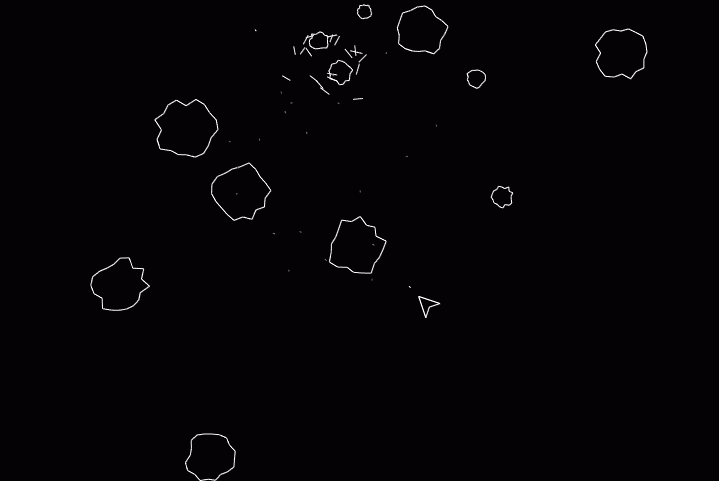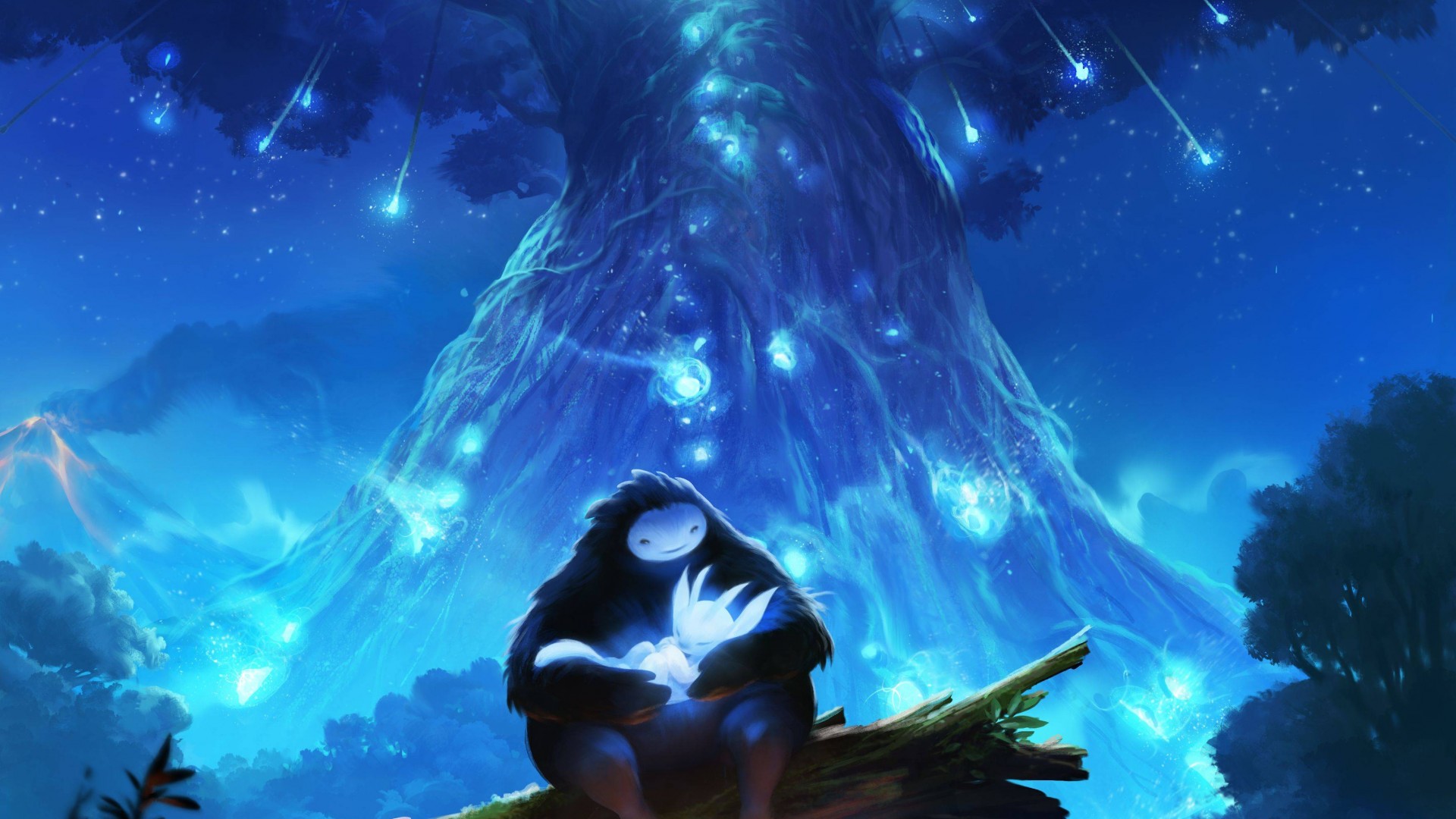Why could you say that the “Indie” game scene is not a new thing? Has the term indie become meaningless?
Being only twenty-one years old, the term “indie” only entered my sphere of awareness when I was about ten, and it was being applied to music. I didn’t know what it meant, all I knew was that it felt edgy and a little exclusive. I carried that attitude with me when I discovered that the term “indie” was also applied to video games, and I started scarfing down titles like Super Meat Boy, Journey, and later, games like Oxenfree and Stardew Valley. It took time for me to learn the true meaning of indie in the gaming sense, which was actually about small, independent teams making (generally) low budget games. It no longer referred to the style or content of the game, but rather the way it was made.
It followed, therefore, that indie games were not a thing that popped up in the late 2000’s, but rather is a scene that has existed since the 1960’s, when video games first started being made.
Logically, this makes perfect sense. Before the games industry was an industry, it’s inherently misinformed to assume that vast teams and high budgets were being thrown at the creation of games. Spacewar! for example, was a game predominantly designed and programmed by Steve Russell, with help and in collaboration with only a handful of people in 1962. If, like me, you’ve never heard of the game Spacewar! before, a better example might be Asteroids. Created in 1979, it was designed by Lyle Rains, and programmed by Ed Logg and his co-worker Dominic Walsh while working at Atari. The game has been changed and adapted since, and now there’s barely a person on the planet who hasn’t at least heard of it, but at it’s core it was an indie game, designed by a select few for an ever-expanding market.

Now, bearing in mind that indie games have technically existed since the 1960’s, it’s worth re-examining whether the term “indie” has any real relevance or meaning today. Despite the industry now being massive and full of big-wig companies like Bethesda, Ubisoft, EA, and Naughty Dog, there are indie games being produced all the time. As I previously mentioned, Stardew Valley was designed by one individual, Eric Barone, and was initially just an experiment to build on his own game design skills, and has now become a game available on almost every platform imaginable.

Ori and the Blind Forest, whilst being published by Microsoft Studios, was developed by Moon Studios, a small team of developers. My opinion of these games is that they are both wonderful, immersive, well made pieces, that have stuck with me in ways that certain AAA titles never could. So I believe that the term “indie” is far from meaningless, in fact, indie designers and the indie games community should be nurtured so it can continue to thrive, in order to provide games to gamers that were not made because they had to be, but because their developers wanted them to be.

Helpful links:
www.stardewvalley.net
www.gamasutra.com/view/news/267563/The_4_years_of_selfimposed_crunch_that_went_into_Stardew_Valley.php
www.steamcommunity.com/app/261570/discussions/0/492379159710714117/
www.gaminghistory101.com/2012/03/19/asteroids/
